There was once a time when Game Of Thrones was the most-watched show ever, but that era is long gone. Today, David Benioff and D.B. Weiss' adaptation of George R.R. Martin's A Song Of Ice And Fire is a bad memory few want to remember.
This can be mostly blamed on the controversially botched final season but, arguably, these problems were there since the beginning. Rewatching HBO's dark fantasy today only makes this harsh reality more obvious for all to see.
10 The Series Peaked At The Red Wedding
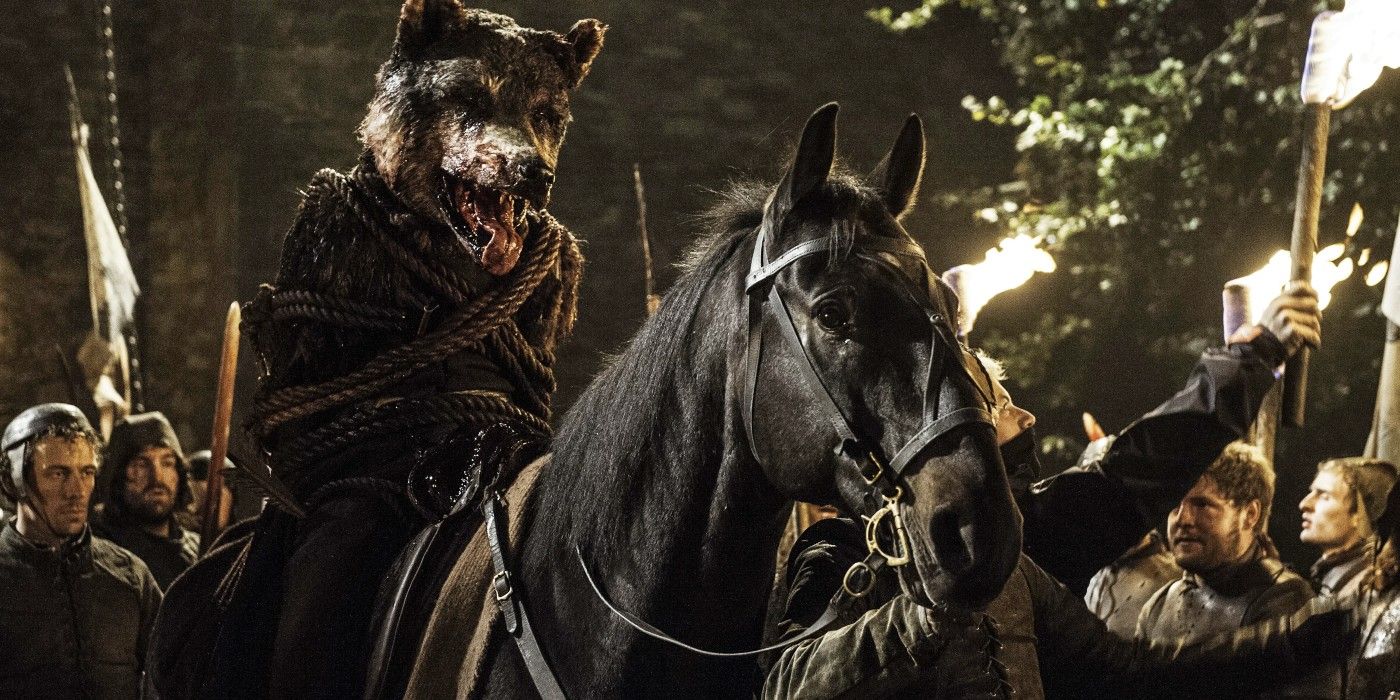
Game Of Thrones has countless memorable moments, but one of the most (in)famous is Season 3's Red Wedding. Here, the heroic Starks were ruthlessly slaughtered by the traitorous Boltons and Freys. The massacre sent shock waves across the world and was praised for its daring brutality. However, this was as good as the series would ever get.
Time and again, the series tried in vain to top the Red Wedding with an even bigger display of violence (see: the Great Sept's explosion). The Red Wedding's success trapped the series in a loop, as it was stuck trying desperately to recreate the moment that cemented Game Of Thrones' unforgiving reputation instead of pushing the series forward.
9 The Excessive Sex & Violence Amounted To Nothing
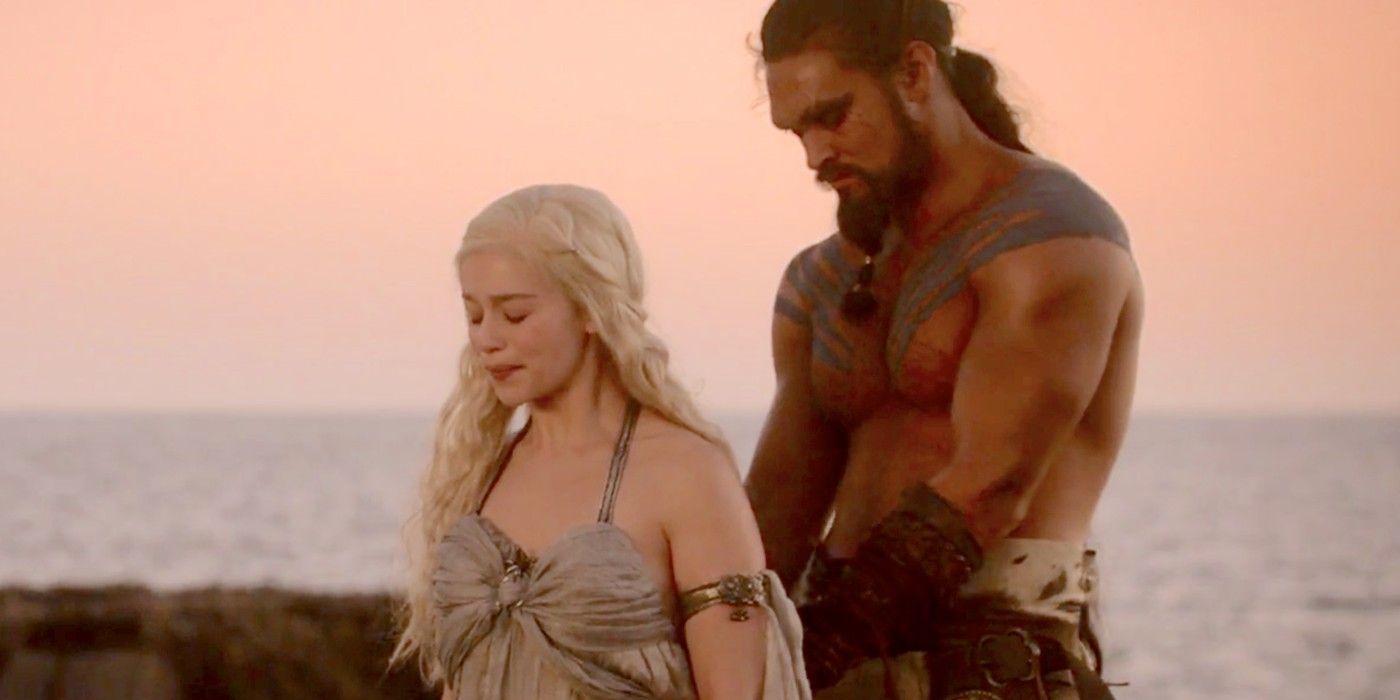
Extreme sex and violence were practically Game Of Thrones' calling cards, so much so that an instance of gratuitous nudity and murder happened at least once per episode. The show's defenders claimed that these were necessary for the story's deconstructive goals and themes, but the series' conclusive big picture says otherwise.
Brutal deaths and injuries were only really there for shock value's sake, while the series never bothered to properly analyze the sexual violence on display. Instead, it portrayed such assaults as necessary for the women's development and toughening. In hindsight, Game Of Thrones had a very immature understanding and use of sex and violence.
8 Character Deaths Now Come Across As Cheap Gimmicks
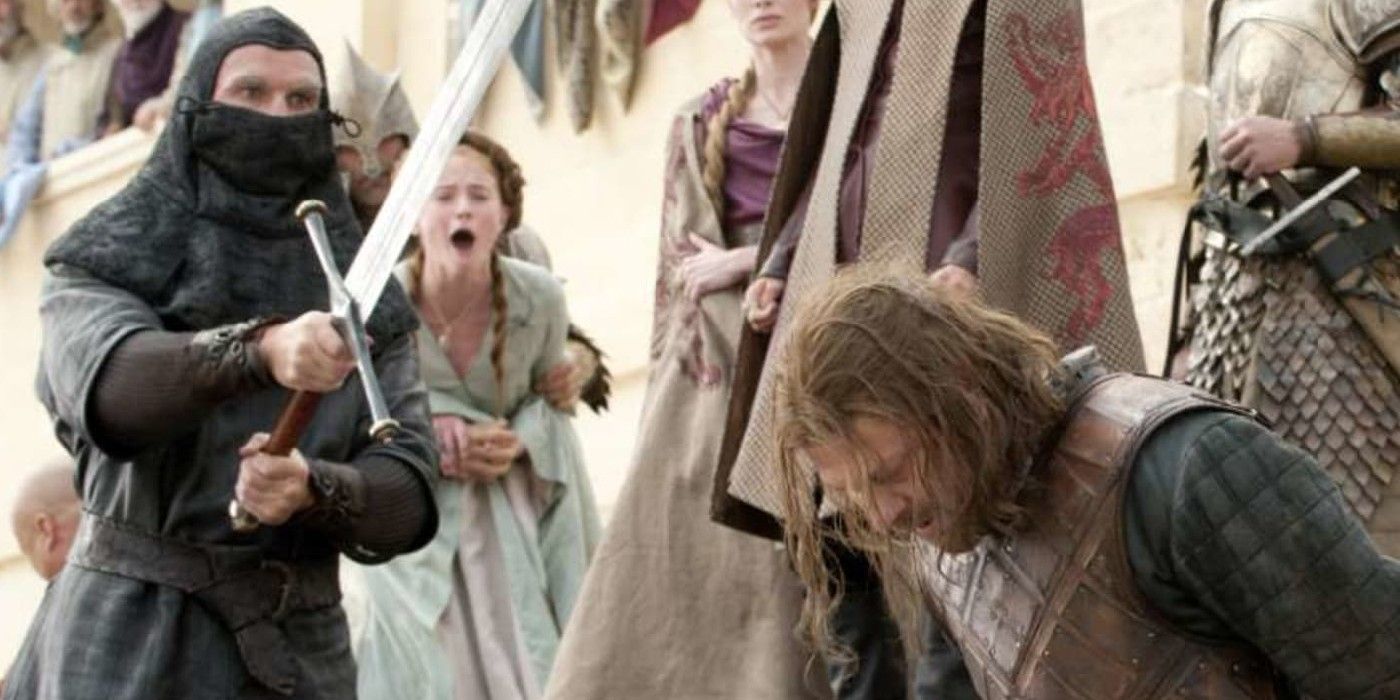
If there's something more synonymous with Game Of Thrones than wanton violence, it was major character deaths. The dark fantasy made a name for itself by promising not to spare anyone, and this was made clearest through Ned Stark's execution despite him being the focal character. Though Ned's demise was pivotal, almost every death after it was not.
What once was a truly mortifying twist became a predictable jump scare, so much so that viewers and even the show were more interested in counting down to characters' deaths than following their personal journeys. This may have been a fun betting and/or drinking game at the show's height, but it doesn't make for good drama in a rewatch.
7 The Characters Became Less Complex & Nuanced Over Time
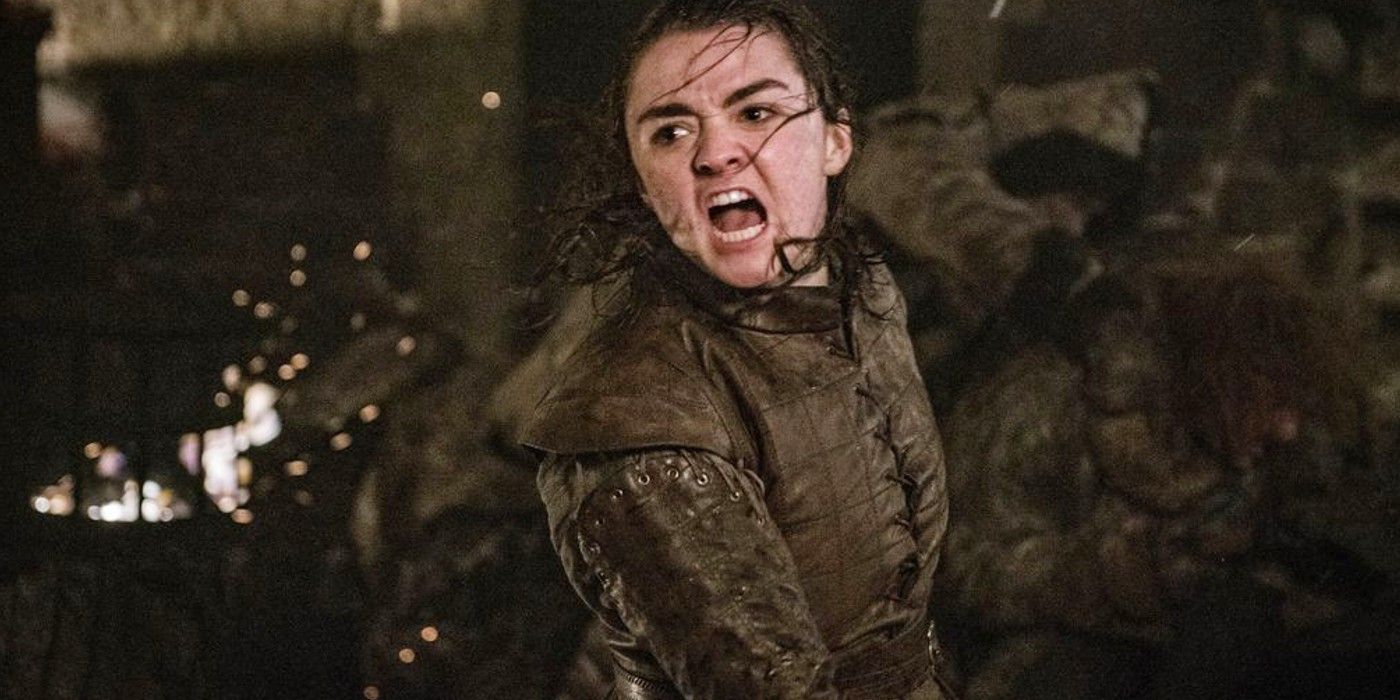
Part of Game Of Thrones' initial appeal was that it starred fantasy archetypes who were deconstructed and given harsh reality checks. For example, paragons like Daenerys Targaryen were blinded by naivety, and vile rogues like Jamie Lannister had hidden depth. While these were great starting points, the same can't be said for their resolutions or lack thereof.
As it went on, Game Of Thrones flattened its previously complex characters into one-dimensional clichés. For example, Arya Stark went from a deconstruction of a rebellious teen to a generic action hero. Watching these characters degrade and devolve over time is impossible to miss in a rewatch, and it only makes a revisit that much harder to endure.
6 The Grand Finale Isn't Worth It
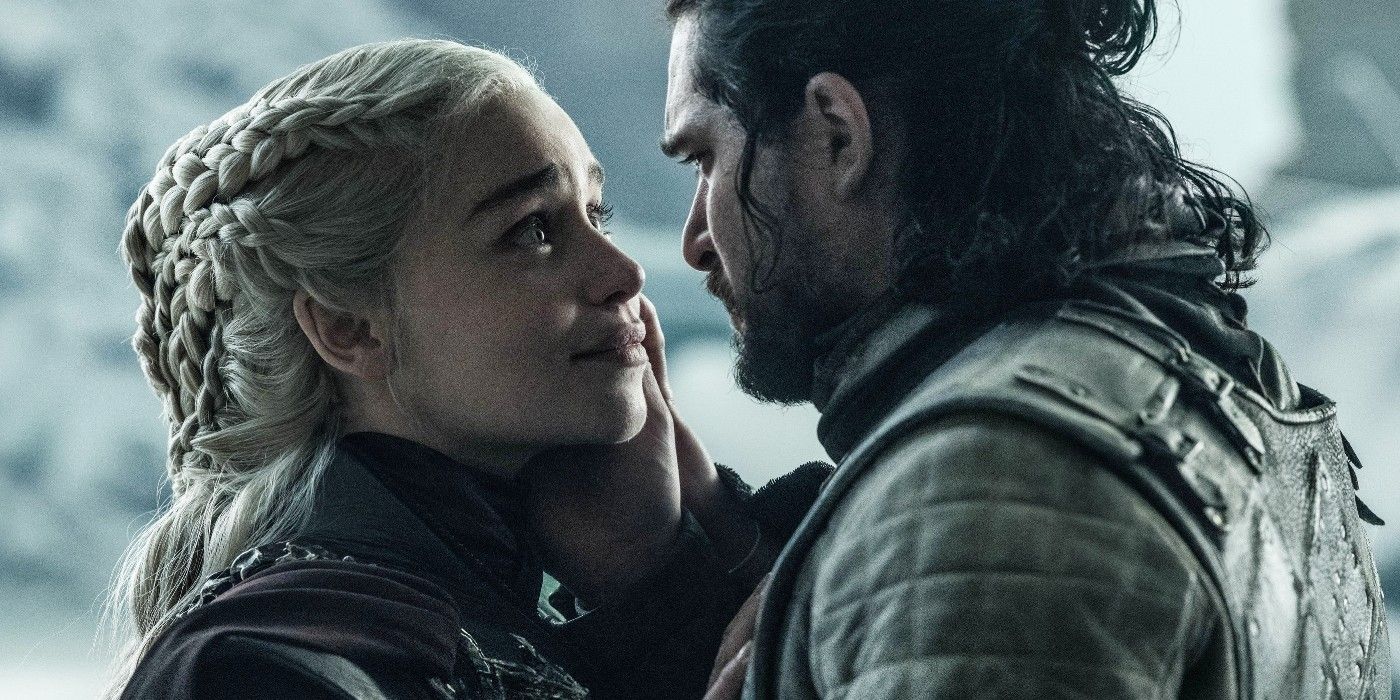
Much has already been said about Game Of Thrones' catastrophic eighth and final season, but it bears repeating. The criminally short six-episode season didn't just hurriedly conclude plot threads and leave countless more unresolved since they were being saved for potential spin-offs, but it also chose the safest ways to end the story.
Not helping was how the self-congratulatory finale was a transparent indulgent victory lap, not a worthwhile resolution to a decade-long story. Watching Game Of Thrones from its promising beginning to its bitter end today is more of an endurance test than a nostalgia trip, and this is only a fraction of the pain fans felt when they followed it weekly.
5 Any Potential Sequels & Spin-Offs Are Unnecessary & Unwanted
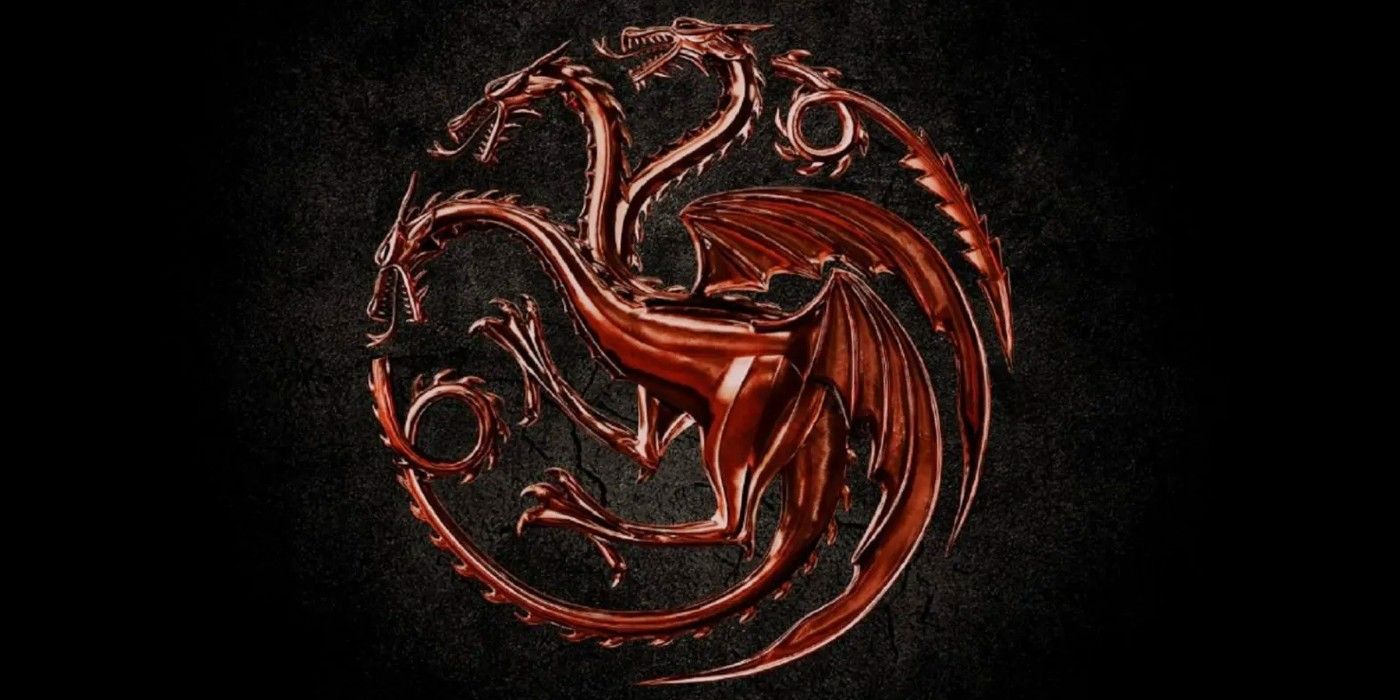
One of the worst things that Game Of Thrones' finale did was prioritize teases for future sequels and spin-offs instead of wrapping things up properly. The showrunners and HBO were understandably confident and so assured of their flagship series' success that they prematurely planned an expanded universe, but it may be dead on arrival.
Following the finale's harsh rejection, prequels like Bloodmoon (with a pilot that cost $30 million) and others were axed. The upcoming House Of The Dragon, meanwhile, is inspiring more ridicule than hype. Anyone who's actually interested in an expanded Game Of Thrones universe will be wasting their time with a rewatch that teases a roadmap that leads nowhere.
4 The Series Contradicted Everything It Set Up Thematically
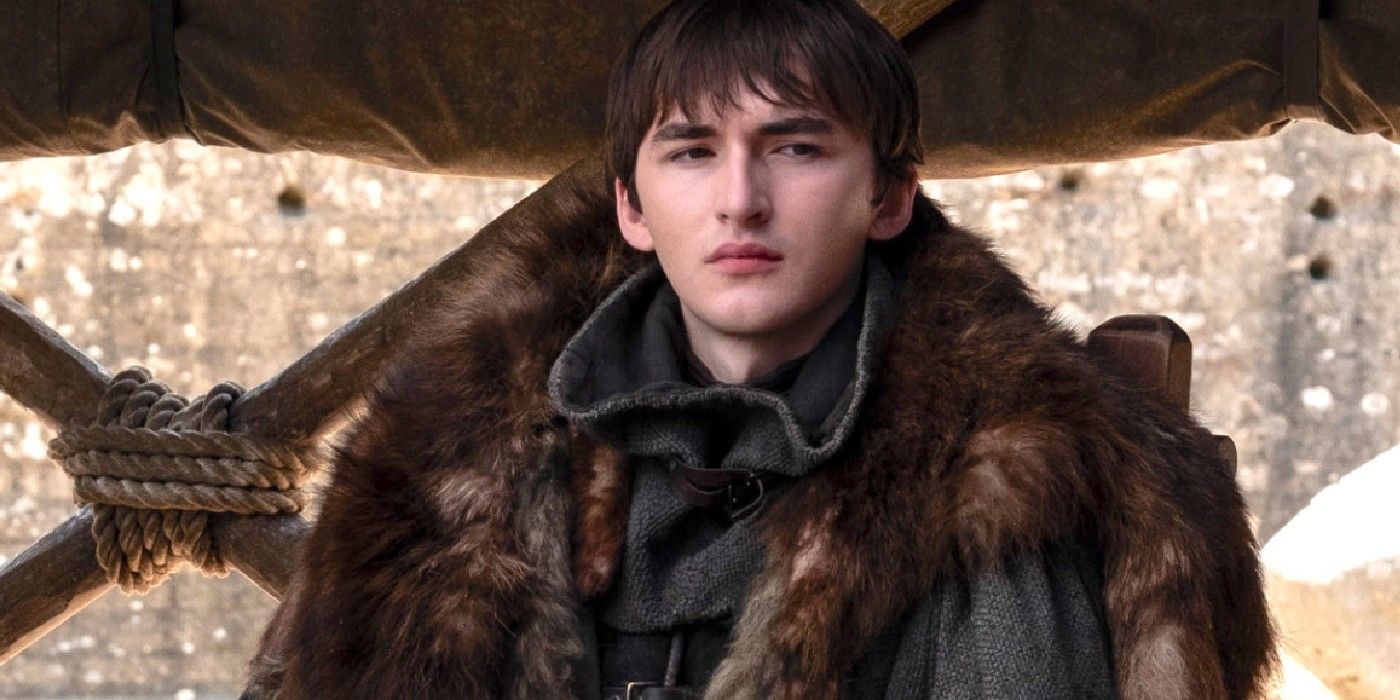
When it began, Game Of Thrones was basically a high fantasy brought down to a dirty and harsh reality. The knights and lords were far from noble, magic only made a bad situation worse, power was inherently corrupt, and so on. However, what seemed like a deconstruction of medieval society was really an affirmation and defense of it.
In the controversial eighth season, power was returned to the heroic elite after they executed a few "bad actors" (like a queen who led the oppressed) and laughed at the idea of democracy. Everything Game Of Thrones set out to deconstruct wasn't just reconstructed, but fortified by a tone-deaf finale. A rewatch will only expose more fatal flaws like these and more.
3 The Series Was Not As Dark Or Mature As It Claimed To Be
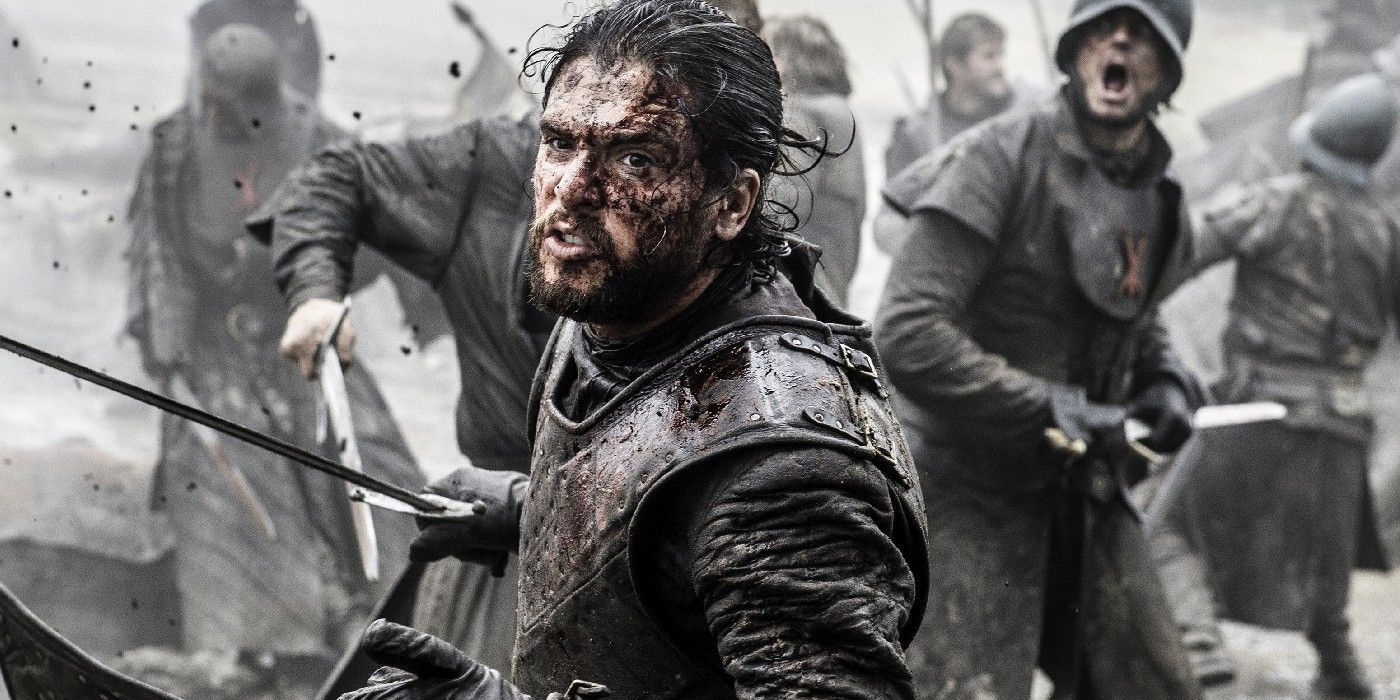
One of Game Of Thrones' biggest selling points was that it was the grown-up answer to idealistic high fantasies like The Lord Of The Rings. Westeros' saga could even be read as Martin's deconstruction of such stories, especially since he made his misgivings with J.R.R. Tolkien's epic public. However, Game Of Thrones was only dark, not mature.
In truth, Game Of Thrones was just The Lord Of The Rings with an R-rating. Westeros had more blood, profanity, and sex than Middle-Earth ever had, but it never went beyond being an edgy fantasy. The series rushing out a jarringly saccharine ending is only more proof of its lack of commitment to its supposed darkness.
2 The Series Tarnished Its Source Material's Legacy & Reputation
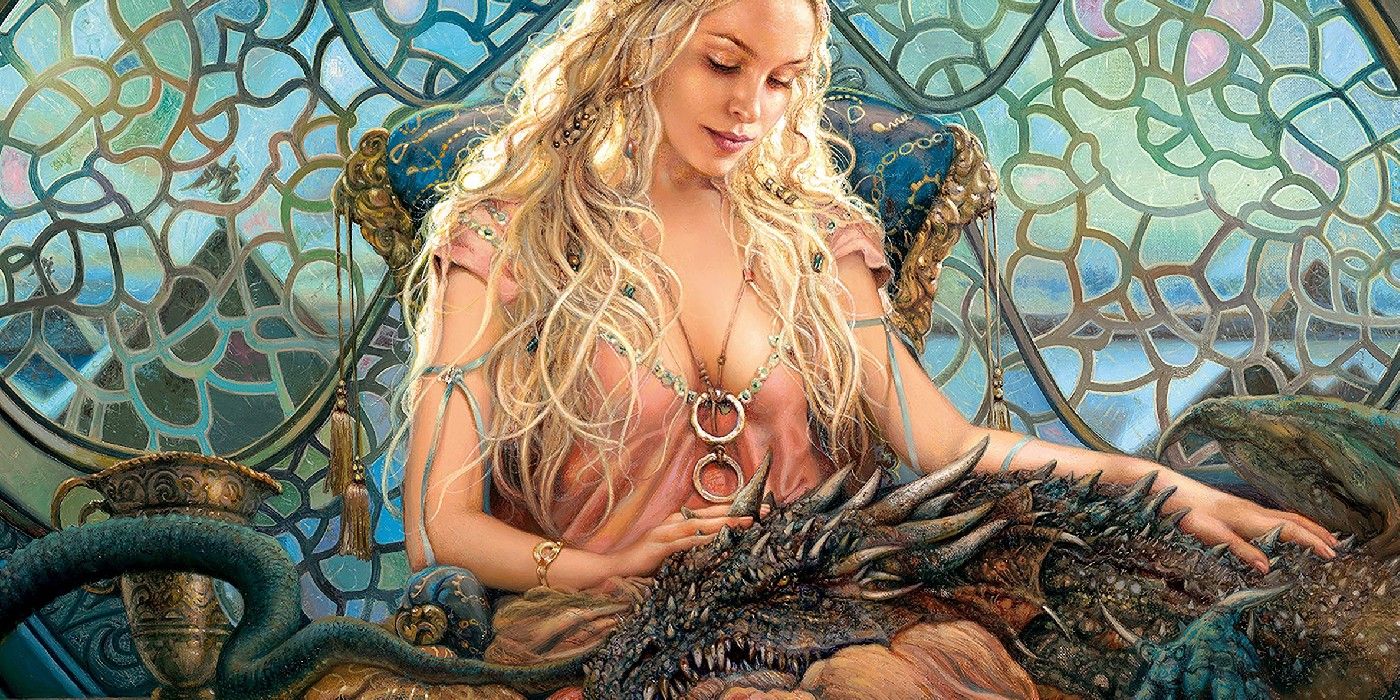
Before it was adapted to live-action, Martin's A Song Of Ice And Fire was one of the premiere fantasy series available in bookstores. The HBO show's first few seasons validated its quality even more and catapulted it into the public consciousness, but then, its closing seasons dropped the ball so hard that it was quickly torn from its pedestal.
Today, Game Of Thrones as a whole has been reduced to a cautionary tale and punchline almost nobody wants to mention or even remember. The series' failure made many viewers and readers question if the source material was any good in the first place, with any excitement for the last two books giving way to disinterest and mockery.
1 The Series Arguably Did More Harm Than Good To The Fantasy Genre
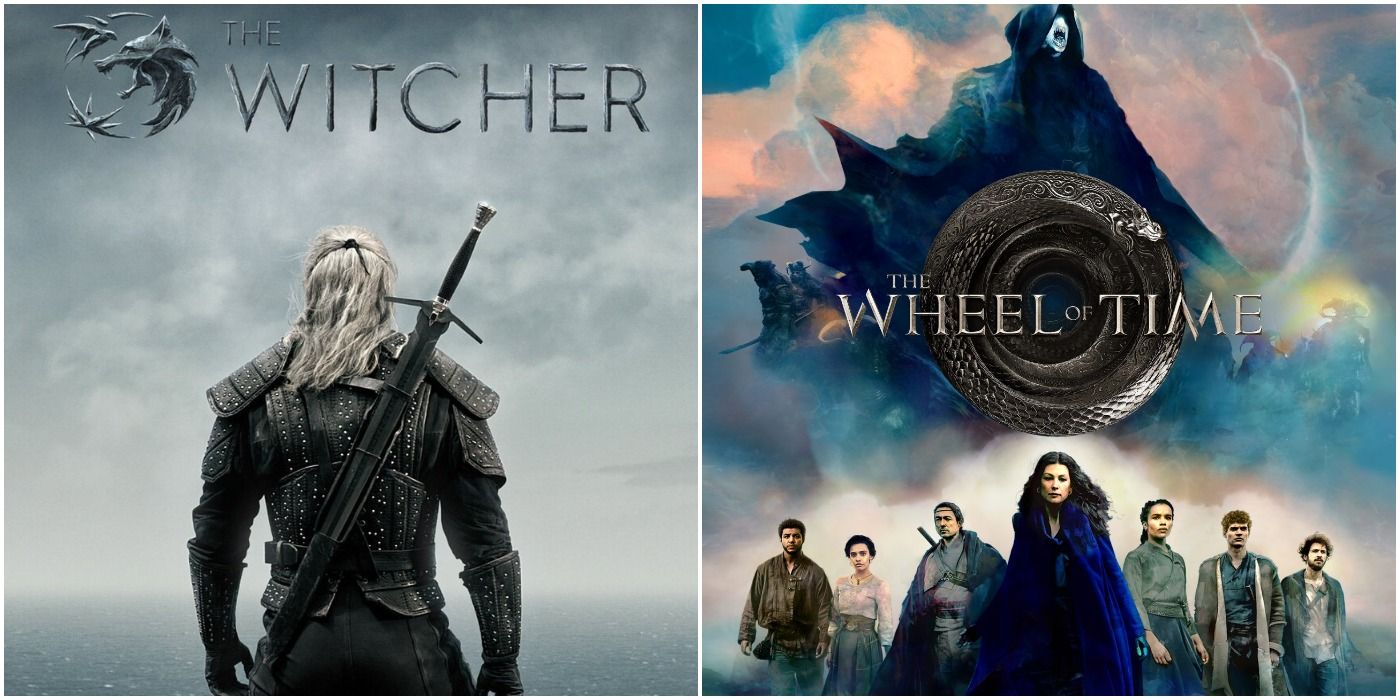
By no fault of its own, Game Of Thrones kick-started a detrimental edgy trend that's still being chased today (see: Vikings or The Witcher), but its failure inflicted worse damage. When it crashed and burned, interest and respect in fantasy plummeted. Viewers simply weren't ready to give another medieval epic a shot in fear of reliving Westeros' disappointment.
Cases in point, The Wheel Of Time went under the radar, and this is one of the many reasons behind the doubt regarding The Lord Of The Rings: The Rings Of Power. Revisiting HBO's dark fantasy today only makes its negative ramifications on the genre more pronounced, and it will be a long time before the high fantasy reclaims its old glory.


